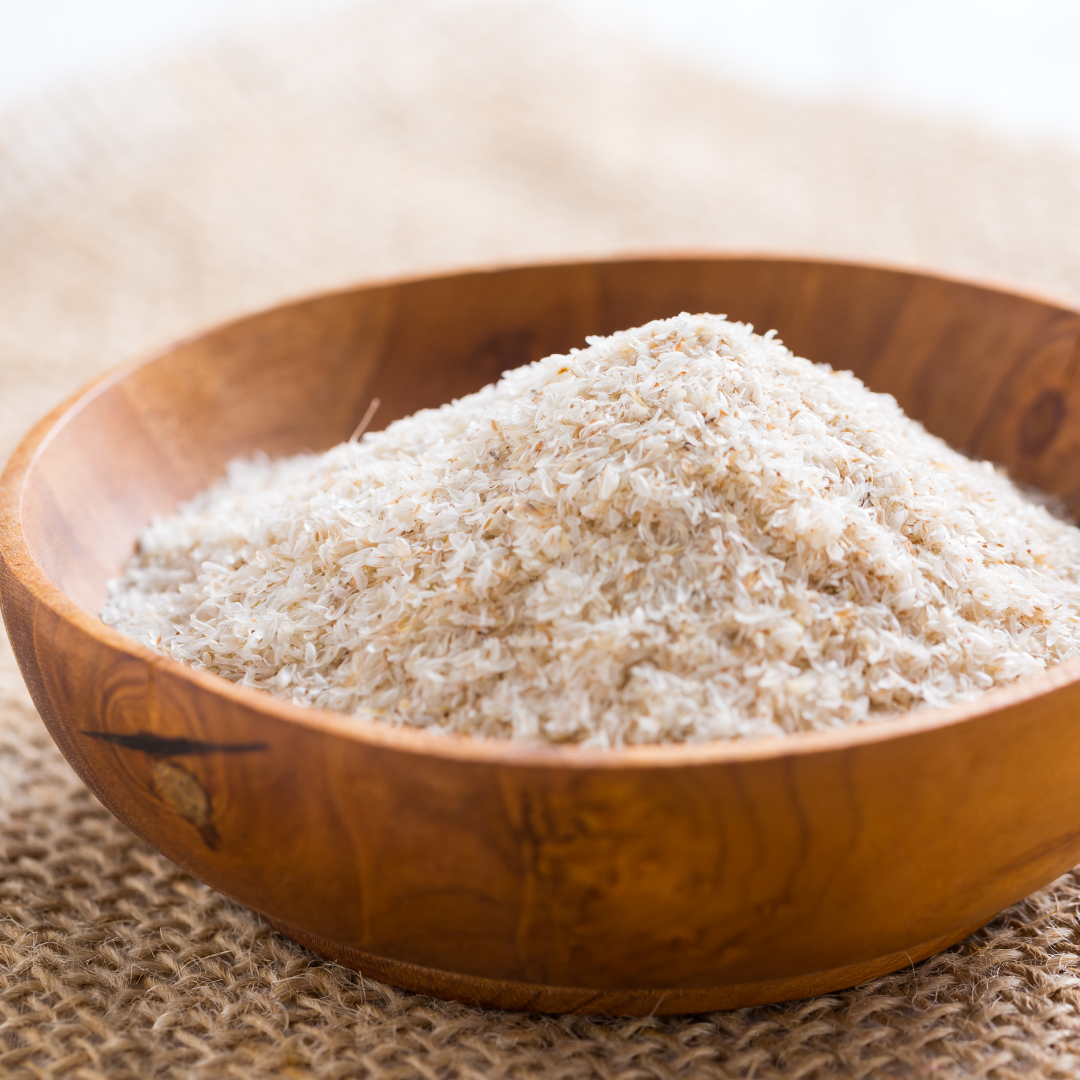Psyllium is a great source of soluble fiber and is used as the primary ingredient in bulk laxatives.
When combined with water, psyllium produces a slippery mass that speeds waste through the digestive tract while stimulating intestinal contractions.
Psyllium helps lower cholesterol levels, low-density lipoprotein (LDL) in particular, and has been shown to be effective in the treatment of moderate irritable bowel syndrome, inflammatory bowel disease and other intestinal problems.
This form of fiber, made from the husks of the Plantago plant, which is abundant in most parts of the world, has also been shown to be beneficial to other parts of the body, including the heart and pancreas. Plantago ovata is the most commonly cultivated psyllium source because its seeds are larger than those of other types of psyllium.
It’s important to note that psyllium fiber can reduce the absorption of certain medications and should be taken either one hour before or a few hours after psyllium is taken.
Psyllium is most commonly consumed in powder form, and is also available in capsules and as a liquid concentrate.
Possible side effects of psyllium include abdominal pain and cramping, gas, diarrhea, nausea and vomiting.
The dosage of psyllium needed is typically based on what you’re taking the psyllium for. Do not take more than the recommended dosage unless instructed to do so by your care provider.

+ show Comments
- Hide Comments
add a comment